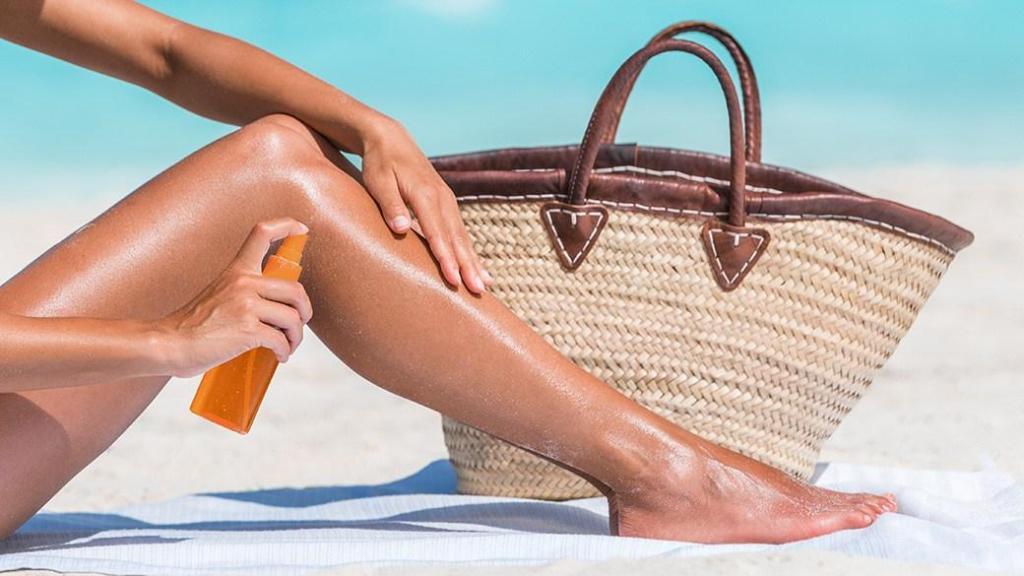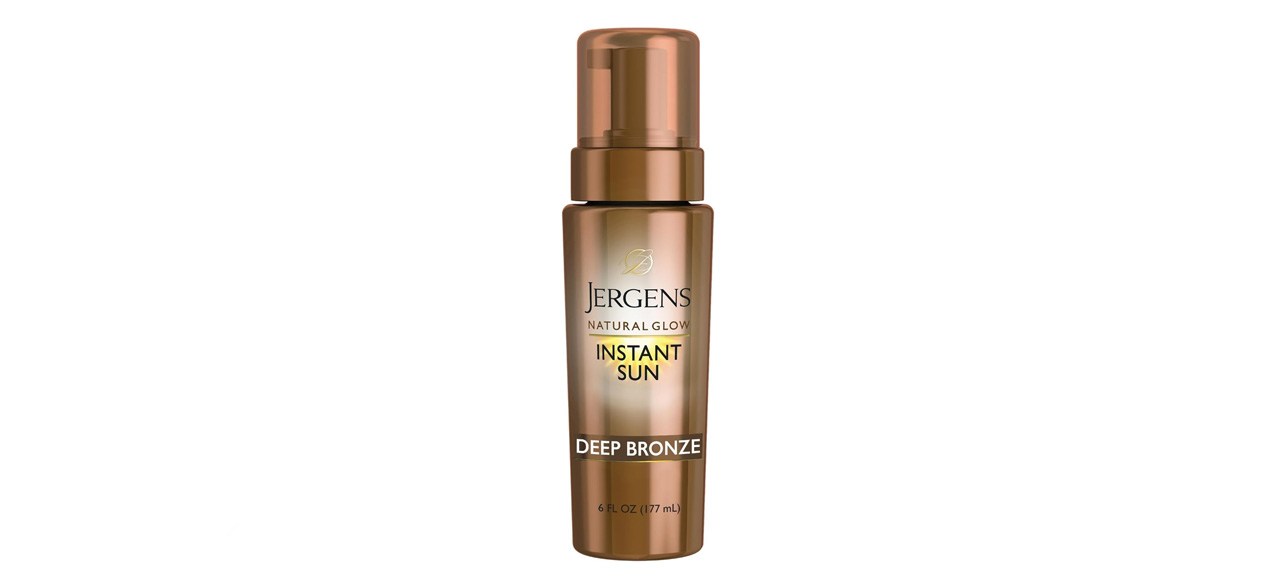How do self-tanners work?
It’s no secret that excessive sun exposure can cause skin damage. It leads to wrinkles, premature aging and brown spots. At worst, it can even cause cancer. Of course, that doesn’t mean that you need to walk around with a pale complexion. If you want that beautiful sun-tanned look, you’ll be happy to know that you can avoid spending hours in the sun and risk the potential skin damage that comes along with it by using a self-tanner.
These days, self-tanners no longer produce that odd and overly orange skin color that their predecessors did. Instead, they give you a natural look that will trick even your most astute friends.
What to know before you buy a self-tanner
How do self-tanners work?
Self-tanners rely on dihydroxyacetone, which is a type of sugar. When you spread DHA on your skin, it reacts with the amino acids of dead cells in the uppermost layer of skin and creates a Maillard reaction that results in a tanned appearance. This is one reason new self-tanners can create a more natural look than old formulas. Instead of dying the skin, like was often the case before, tanners made with DHA cause your skin to darken naturally. This means the color can’t rub off on clothes and other fabrics.
The downside to this method is that your tan will gradually lighten as the outer layers of the epidermis are shed. Depending on your natural exfoliation process, this lightening may be noticeable after just a few days.
Do self-tanners offer SPF protection?
Self-tanners are not a replacement for quality sunscreen. Unlike sunscreens, which often have a sun protection factor between 15 and 50, self-tanners offer limited protection from UV radiation, usually in the neighborhood of SPF 3 or 4. This means that even if you have a nice bronze look from a self-tanner, you still need to use sunscreen if you will be spending time in the sun. Another option is to choose a self-tanner with an SPF rating that contains avobenzone or other protectants.
Features to look for in a quality self-tanner
Antioxidant ingredients
While using a self-tanner with DHA is safer than spending countless hours in the sun building up a tan, it is not without its risks. Though the FDA has deemed DHA safe, some research shows that it can generate free radicals in the skin, leading to cell damage. To counteract this, look for a self-tanner that contains antioxidants to help maintain your skin health.
DHA concentration
The higher the concentration of DHA in a self-tanner, the darker it will make your skin. However, there comes a point when too much DHA starts to produce an unnatural complexion. 3-5% DHA seems to be the sweet spot where self-tanner is effective and produces a natural-looking result. Products containing more DHA than that can create overly yellow skin tones.
Another reason to choose a self-tanner with a moderate concentration of DHA is the production of free radicals in the skin. Those with lower DHA levels will create fewer free radicals, so it is easier to counteract with additional antioxidant ingredients.
Ease of application
Self-tanners come in many forms, including wipes, sprays, lotions, mousses and gels. You can also find moisturizers with low concentrations of DHA for gradual bronzing. Some products are easier or more appropriate to apply to certain parts of the body. For example, sprays are useful for hard-to-reach spots and quickly covering large areas of the body.
Lotions offer more hands-on control and are usually tinted to see where you have already applied the tanner and what spots you may have missed. They also allow for precise application on your face.
How much can you expect to spend on a self-tanner
The cost of self-tanners varies widely depending on the brand and the ingredients. On average, you can expect to pay $10-$40 for most self-tanners, though many fall outside of that range.
Self-tanner FAQ
When is the best time to apply a self-tanner?
A. For the best results, apply a self-tanner at night, after exfoliating your skin, but at least a couple of hours before bedtime. Also, wait at least a few hours after application before showering.
Can I shave after applying a self-tanner?
A. It is best not to shave for at least 48 hours after using a self-tanner. This is because shaving exfoliates away some of your dead skin cells, which can lighten your tan.
What is the best self-tanner to buy?
Top self-tanner
St. Tropez Self Tan Classic Bronzing Mousse
What you need to know: This lightweight mousse builds up gradually, making it ideal for those new to using self-tanners.
What you’ll love: It dries quickly and rarely causes irritation for those with sensitive skin.
What you should consider: It is tinted, which makes it easy to see if you have missed any spots, but it can also stain clothes.
Top self-tanner for the money
b.tan Tanned AF Self Tanner Bronzing Mist
What you need to know: This self-tanner mist with quality ingredients will give you a bronze glow in just a few hours.
What you’ll love: It starts showing results within one hour and turns to a deeper shade after four hours. You can use it on your face and body, it doesn’t smell bad and it’s cruelty-free.
What you should consider: It dries quickly, so you have to rub it in as soon as you apply it to have an even tan.
Worth checking out
Jergens Natural Glow Instant Sun Body Mousse
What you need to know: This lightweight tanning is easy to apply and even easier on your wallet.
What you’ll love: This mousse’s one-touch applicator makes it extremely easy to apply. It also dries quickly, in under 60 seconds.
What you should consider: It starts fading a few days after application.
Prices listed reflect time and date of publication and are subject to change.
Check out our Daily Deals for the best products at the best prices and sign up here to receive the BestReviews weekly newsletter full of shopping inspo and sales.
BestReviews spends thousands of hours researching, analyzing and testing products to recommend the best picks for most consumers. BestReviews and its newspaper partners may earn a commission if you purchase a product through one of our links.


